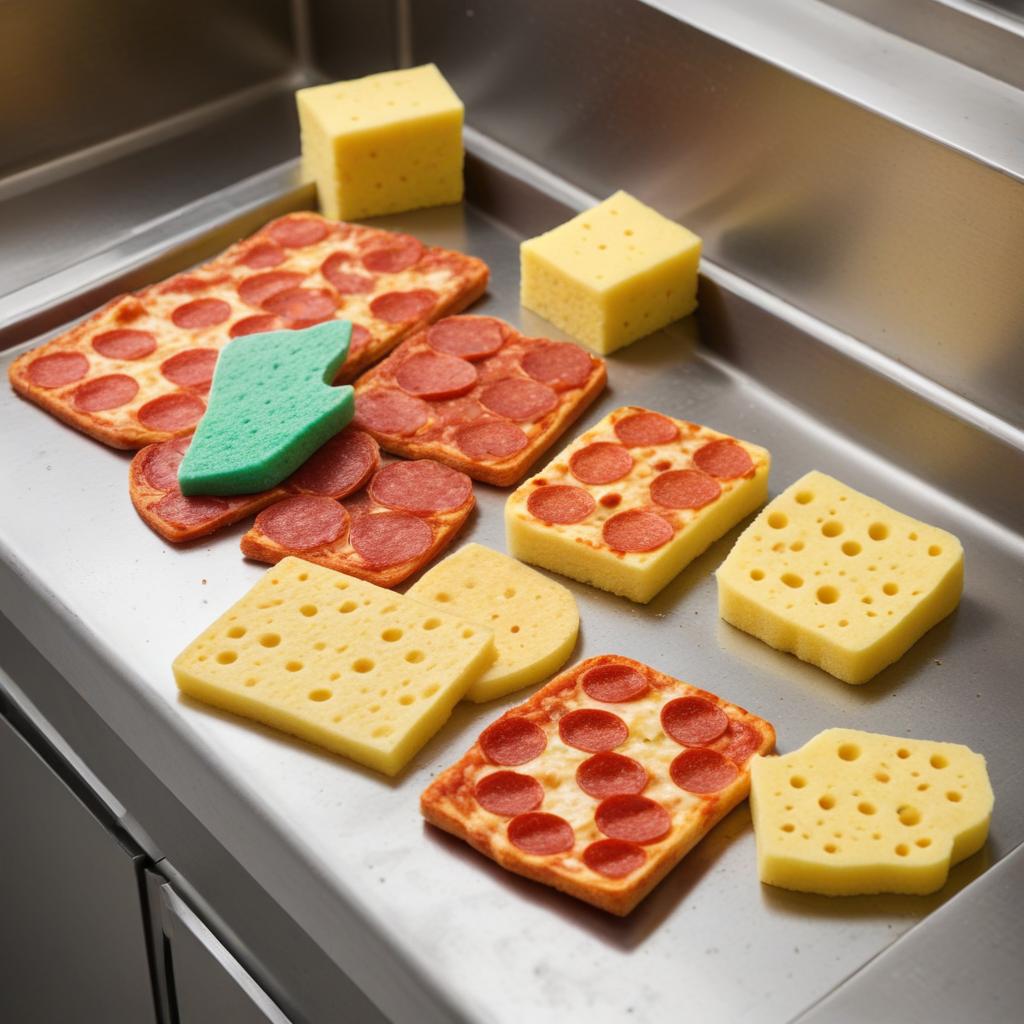Experts reveal the shocking truth about common kitchen mistakes that could be making you seriously ill. Learn how to avoid cross-contamination, properly thaw meat, and store leftovers to stay safe.
Do you reuse kitchen sponges for days? Leave pizza out overnight? Microbiologists warn that seemingly harmless kitchen habits can lead to dangerous pathogens. Cross-contamination is a major concern; E. coli, salmonella, and listeria can linger on surfaces for weeks. To prevent this, wash hands thoroughly, don't rinse raw meat, and sanitize surfaces with bleach solution or disinfectant. Cook meat to the proper internal temperature (145°F for whole cuts, 160°F for ground, 165°F for poultry). Replace sponges frequently or microwave them daily. Thaw meat safely in the refrigerator or cold water. Refrigerate leftovers within two hours to prevent bacterial growth and toxin production, especially with starchy foods like rice and pasta. Pay attention to 'best before' dates, but remember that even if food looks and smells fine, it can still harbor harmful bacteria. Cutting mold off hard cheese is sometimes acceptable, but discard soft cheeses with mold. Don't rely on spices or acid to prevent bacterial growth. Organic food isn't necessarily safer, but buying local can reduce risk. Weakened regulatory oversight increases the need for caution, especially with high-risk foods like leafy greens and bagged lettuce. Consider adopting safer practices like cooking all food and choosing less risky options.



